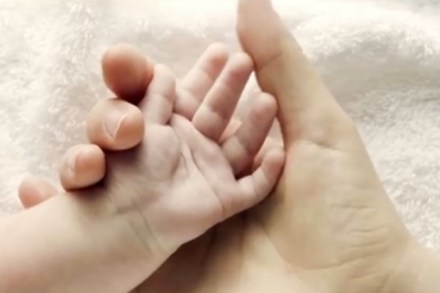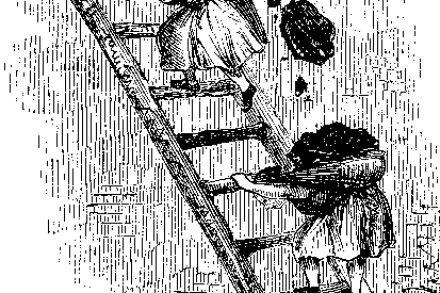Inside the teenage brain
Why on earth did you do it?’ must be one of the most frequently posed questions to teenagers. The bright, ambitious boy standing before me is perplexed: prompted by a video clip online, he has liberally sprayed aerosol on his torso and then set fire to himself. There is a pause, then, ‘It seemed like a good idea at the time.’ In matters trivial, dramatic or, in this case, painful, teenagers seem to behave in bizarre ways. It is tempting for parents to believe that once our children reach adolescence somehow the huge gulf between childhood and adulthood has been bridged. We tend to believe that we are dealing with




















